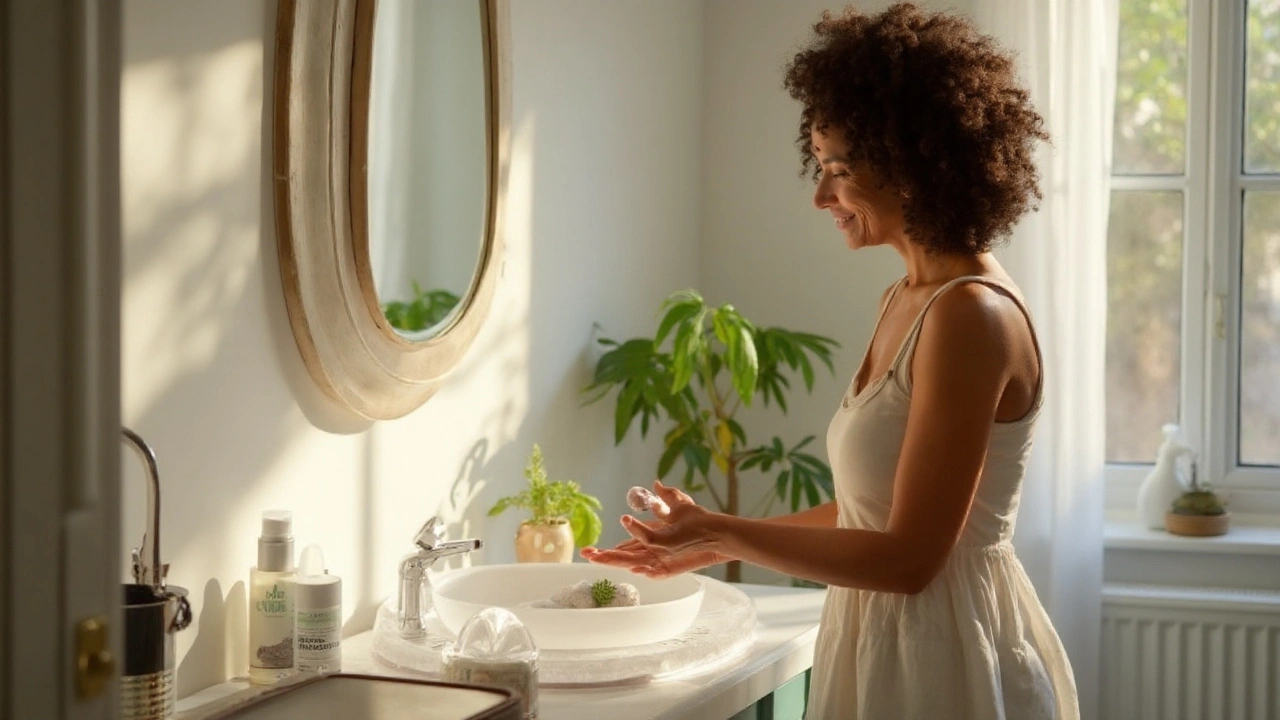Skin Care Incontinence: Simple Steps to Keep Your Skin Healthy
If you live with urinary or bowel incontinence, the biggest worry is often skin irritation. The good news? A few everyday habits can stop redness, rashes, and infections before they start. Below we break down what works best, from cleaning tricks to product choices, so you can feel comfortable all day.
Everyday Hygiene Hacks
First thing: clean gently but thoroughly after each leak. Use warm water and a mild, fragrance‑free cleanser. Avoid harsh soaps; they strip the skin’s natural barrier and make it easier for moisture to cause damage. Pat dry with a soft towel – rubbing can create micro‑tears that turn into sores.
Apply a thin layer of barrier cream or ointment right after you dry off. Look for products with zinc oxide or dimethicone; they create a protective shield without feeling greasy. Reapply every few hours, especially if you’re wearing pads that stay in place for long periods.
Change any absorbent product (pad, diaper, or adult brief) as soon as it’s wet. A damp environment is the perfect breeding ground for bacteria and skin breakdown. If changing isn’t possible right away, switch to a breathable, quick‑dry pad that pulls moisture away from the skin.
Choosing the Right Products
Not all pads are created equal. Look for ones labeled “hypoallergenic” and “breathable.” Cotton‑blend covers let air circulate, while plastic‑backed options trap heat and increase irritation risk. If you need extra absorbency, consider a two‑layer system: a thin liner to keep skin dry plus a high‑capacity pad on top.
When it comes to creams, stick with fragrance‑free formulas. Ingredients like aloe or calendula sound nice but can still cause reactions in sensitive skin. A simple zinc oxide ointment works for most people and is easy to find at pharmacies or online stores like BestPriceRx.
Don’t forget your laundry routine. Wash reusable pads in hot water with a mild detergent, then rinse thoroughly. Skip fabric softeners; they leave residues that can irritate the skin.
Finally, keep an eye on your diet and fluid intake. Too much caffeine or alcohol can increase urgency, leading to more frequent leaks. Drinking enough water is still important – dehydration makes urine more concentrated, which can sting the skin even more.
By staying consistent with these habits, you’ll notice less redness, fewer rashes, and a lot more confidence in daily life. If you ever see persistent sores or an unusual odor, it’s smart to talk to a healthcare professional right away. Small changes now can prevent big problems later.
 24 Aug 2025
24 Aug 2025
Practical, evidence-backed tips to stay clean, control odour, protect skin, and feel confident with incontinence-daily routines, products, laundry, and travel.
View More

